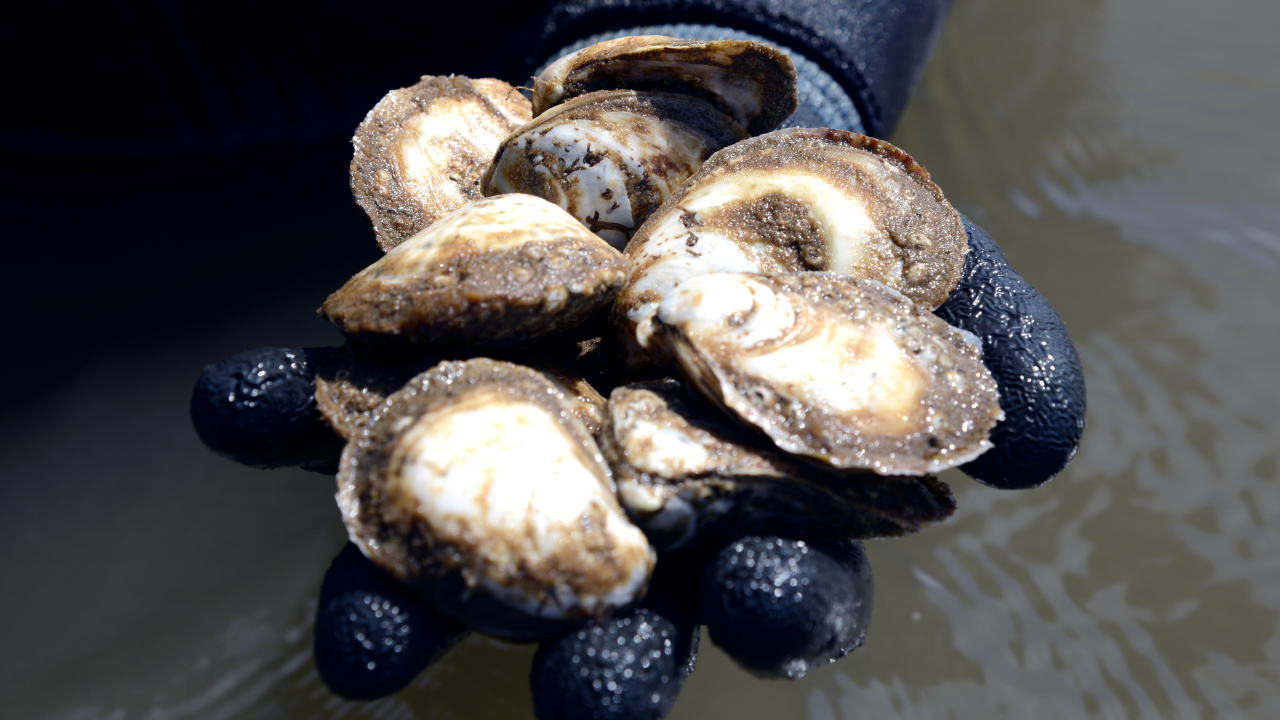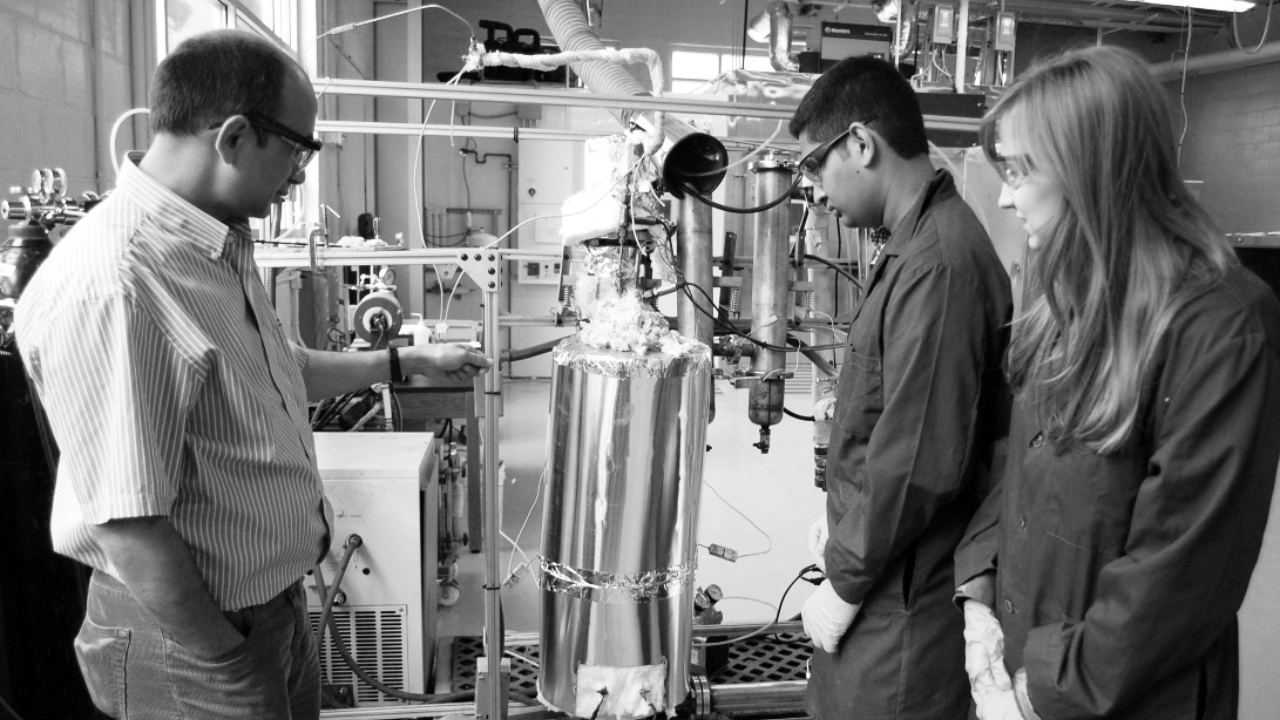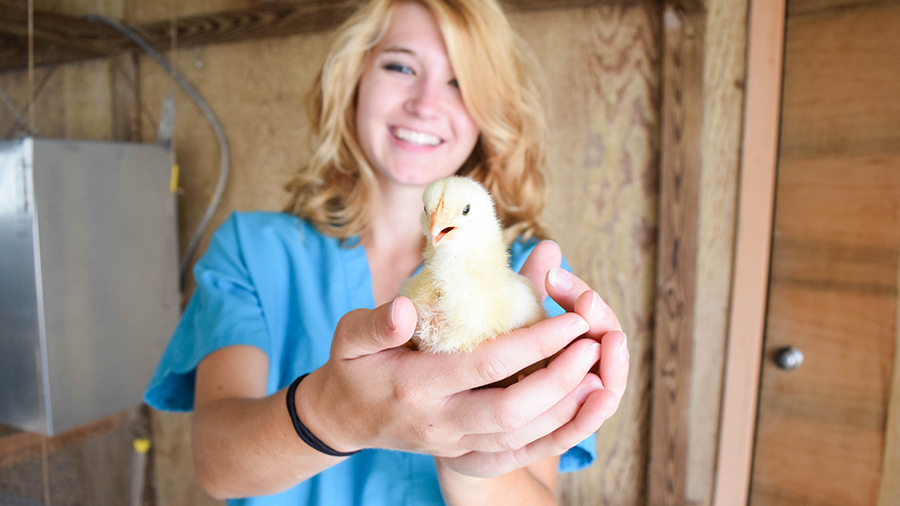Centers & Institutes
Much of our research in the College of Agriculture and the Alabama Agricultural Experiment Station occurs through our support of interdisciplinary research centers, institutes and initiatives at Auburn University. Our work through these organizations is central to our work to improve lives throughout our state, region, nation and world.
Aquaculture & Fisheries Business Institute

Monitoring & interpreting external trends that affect U.S. & global aquaculture
Some of the world’s best aquaculture expertise and research facilities, such as ponds, dry and wet labs and greenhouses, are available to the AFBI through the Auburn University School of Fisheries, Aquaculture and Aquatic Sciences (SFAAS).
Center for Bioenergy & Bioproducts
Auburn University’s Center for Bioenergy and Bioproducts (CBB) was established in 2007 to advance economic development in the region by creating new energy and value-added products from our biomass resources. Auburn is located at the center of a region rich in renewable forest and agricultural biomass resources.

Research Capabilities Unmatched in the South
Auburn University has invested heavily in bioenergy and bioproducts research infrastructure allowing our faculty and students to answer critical questions and develop technologies to accelerate deployment of a regional biorefining industry. Laboratories focus on biomass fractionation, biomass gasification and gas conditioning, catalytic fuel synthesis, biomass gasification and power generation; and bioproduct analysis.
Hunger Solutions Institute
Auburn University’s Hunger Solutions Institute (HSI) focuses on the positive aspects of transformative change and creates innovative approaches to problems rooted in the status quo. It represents a new paradigm of university leadership to address hunger and malnutrition at home and abroad.

The Grand Challenge
National Poultry Technology Center
The National Poultry Technology Center (NPTC) at Auburn University’s mission, in partnership with the Alabama Poultry & Egg Association, is to improve the bottom-line profitability of the live production sector of the U.S. poultry industry by providing timely applied research and education resulting in increased efficiencies in housing, equipment, energy, and environmental control.

Leading research in U.S. commercial live poultry production
NPTC’s new outreach, demonstration and applied research facility, the only facility in the nation dedicated solely to testing and refining equipment to improve poultry farming efficiency and profitability. The facility is located at the new Charles C. Miller Jr. Poultry Research and Education Center, north of Auburn’s main campus.
Water Resources Center
The mission of the Auburn University Water Resources Center (AUWRC) is to facilitate successful collaboration among Auburn University faculty and staff on multidisciplinary, water-related research, outreach and teaching, and to facilitate the active involvement of private citizens in the stewardship of water resources.

